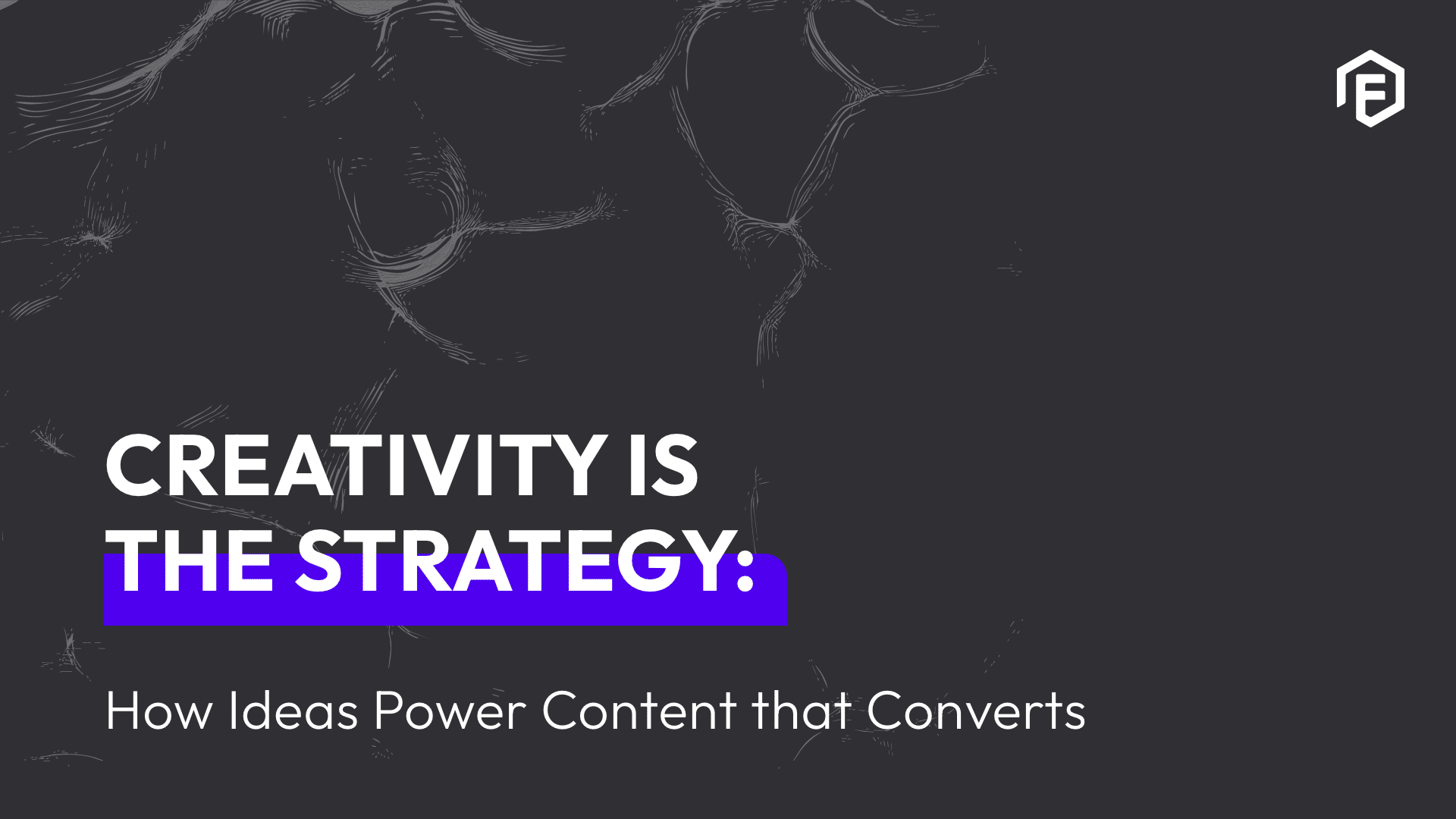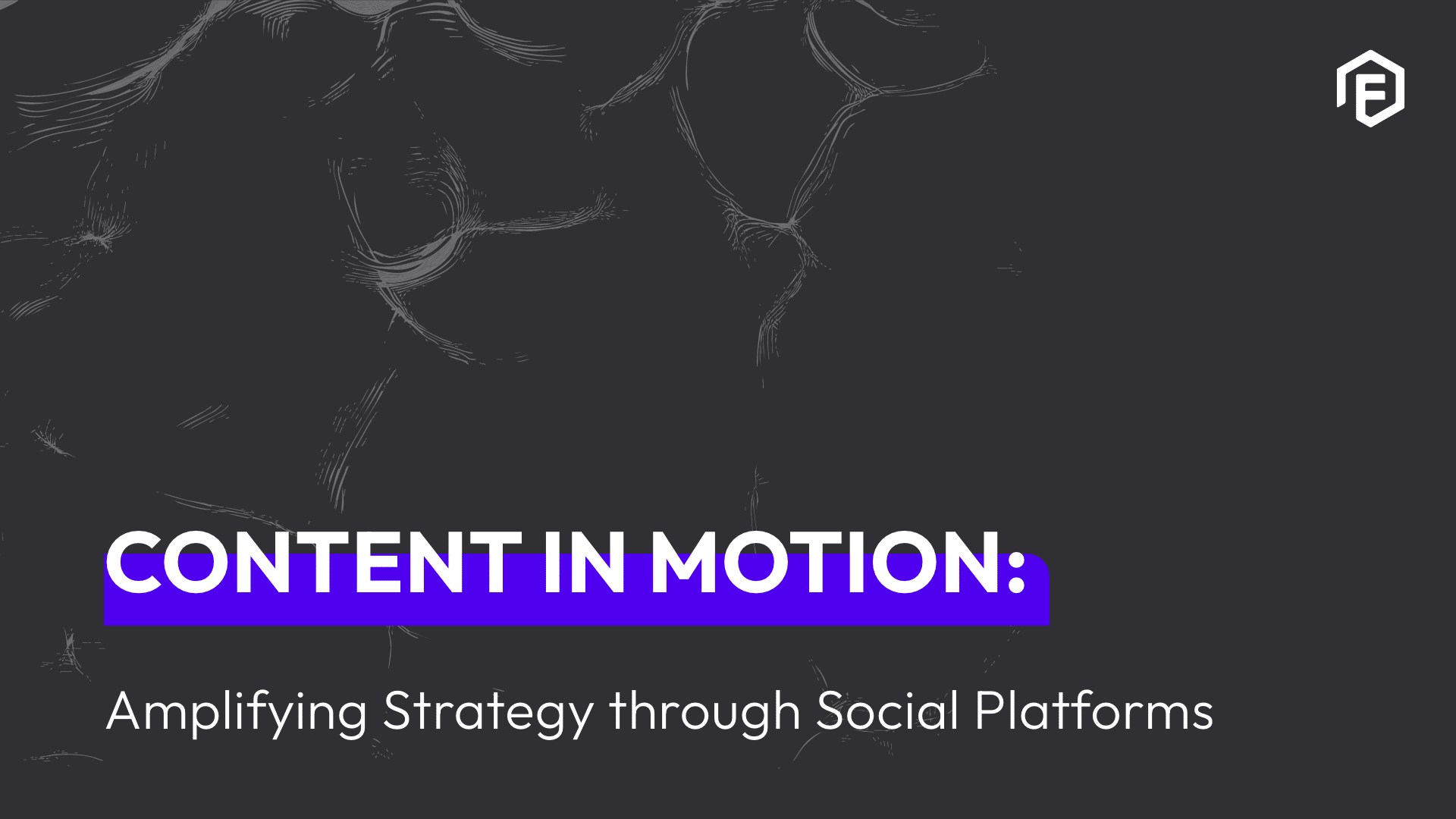I have been thinking about how the digital era has affected brand building. I do believe that for some time, the majority of us marketing professionals have focussed heavily on becoming digitally savvy and left our knowledge of branding fundamentals at the back of the shelf that makes up the bookcase of our minds.
This is something that I have witnessed, as well have been guilty of, which is why it was time to rethink the subject. At the end of the day, even with digital communications, whether that be through social or advertising, we are still moving towards the same goal, which is positively impacting the organisation that we are working for.
This caused me to revisit this knowledge and even upskill on fresh literature that attempts to unpack how brands fit in and can successfully navigate the digital landscape. It was good to know that I wasn’t too far off in my initial thinking.
- The true power of storytelling
This universal human insight really hasn’t changed in all our years of human evolution. As a species, we are motivated and react to stories that resonate with us. Maslow and Frankl weren’t wrong. Abraham Maslow proposed the hierarchy of human needs as seen below, and Viktor Frankl proposed that means man’s search for meaning is ultimately what drive his/ her behaviour.
Our brains are hard-wired for story. Stories allow us to make sense of the world, and the pleasure our brains receive from an engaging tale is nature’s way of seducing us into paying attention to it. Our neural circuitry is designed to crave stories. Hence why brand building’s foundation is in storytelling. It motivates behaviour, which is handy when it comes to selling something. The fundamentals of storytelling haven’t changed in the digital era, we just have more ways in which to tell it, and more ways in which to disseminate that story. These factors need to be considered in overall brand strategy, even before the marketing strategy is plugged in.
- What engagement really means
It means participation. Collaboration. Digital allows for platform building that encourages co-creation. The psychology behind why co-creation is such a powerful motivator for behaviour is because when we feel like we have contributed to something and received positive acknowledgment from that participation, dopamine is created in our brains which is our feel-good hormone.
As well as being neurologically wired for story, we are also emotionally driven beings and need to be engaged in something to act on it. With the social era that we are currently experiencing, we have moved from a time of ownership where brands communicating through monologue push advertising, and ultimately owned the communications space to a time of relationship, where brands consumers are far more involved in the communications space, and monologue has changed to dialogue.
Relationships and valuable communication are built on genuine interest for another person. When it comes to brand communications, this means competing for consumers attention on their terms and not yours. When it comes to brand building through storytelling in the digital era, it isn’t about shouting, it is about encouraging dialogue which will foster loyalty and meaning.
- The value of a strong brand
Let’s not forget the fundamental perks of a strong brand. A strong brand in the marketplace attracts clients. It attracts talent. It has the perception of being great at what it does. From a rands-and-cents perspective, research shows that a strong brand can pay less in salaries as staff members are attracted by being part of something grand and powerful, and not by remuneration.
It can spend less on marketing efforts as the brand stands strongly in the minds of its stakeholders. These branding factors have not changed in the digital era, but it has forced brands to become more transparent and authentic because if you aren’t being so, the connected audience online will find out and tell people about it.
To answer the question of whether the digital era has affected brand building, yes it has, the same as any environmental factor would, but the fundamentals remain the same. Perhaps it is a question of semantics and responsibility. Perhaps this is the true impact of digital when it comes to brand building.
It’s no longer the marketing department’s responsibility for brand building. A consumer journey cuts across all business functions. From marketing to sales, to operations and HR, to finance.
Therefore, it is the collective responsibility of all these business functions to be heavily involved in brand building. In terms of semantics, I envision a business world where one day there is simply, the Brand Communications department, where all functions understand their role in the building of their brand. And ultimately, their success as a whole.



